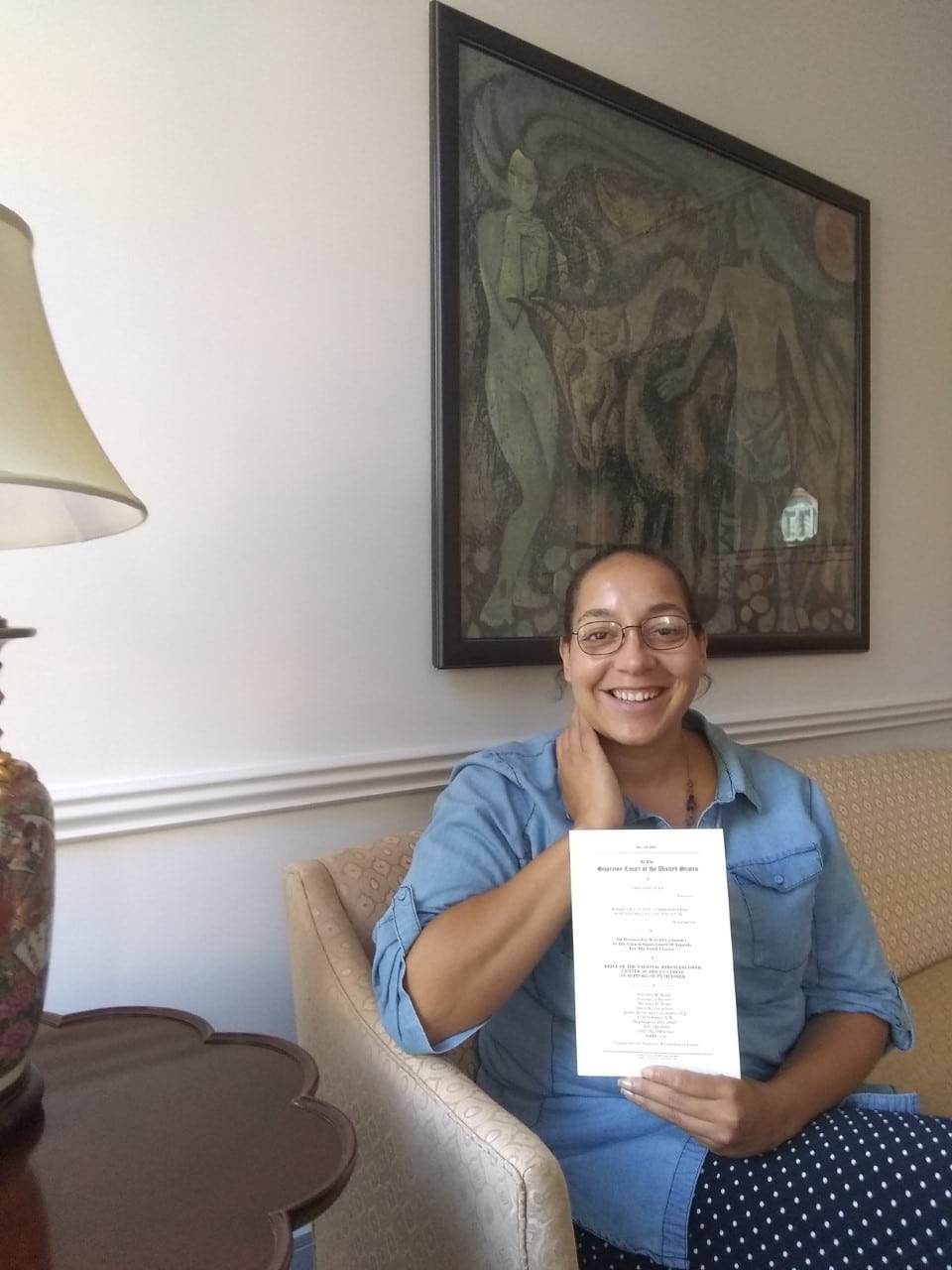Government Employees Have Fundamental Rights as Citizens, Including Testifying in Court

Any interference with the fundamental right to testify in court undermines the rule of law and the public respect and integrity of the judicial system.
In 2016, Jerud Butler, who worked for the San Miguel County Road and Bridge Department, voluntarily testified as a private citizen in a child custody case between his sister-in-law and her ex-husband, who also worked for the County’s Road and Bridge Department. A couple of weeks after he testified, his employer investigated his testimony. At the close of the investigation, Butler was given a written reprimand and then demoted.
Butler filed a lawsuit under 42 U.S.C. § 1983 (“Section 1983”), alleging a violation of his right to free speech under the First and Fourteenth Amendment by demoting him for testifying truthfully at his sister-in-law’s child custody hearing. A federal district court dismissed his lawsuit stating that Butler’s testimony did not address a matter of public concern. On appeal, the Court of Appeals for the Tenth Circuit also rejected Butler’s claim of protected First Amendment speech.
On October 2, whistleblower attorneys from the qui tam law firm Kohn, Kohn & Colapinto (KKC) filed an amicus curiae ( or “Friend of Court”) brief before the Supreme Court of the United States in Butler v. Board of County Commissioners for San Miguel County. KKC filed this brief on behalf of the National Whistleblower Center.
The issue in Butler deals with the First Amendment right to testify in court proceedings. The amicus argues, “The well-established purpose and design of the Civil Rights Act of 1871 was to ensure that all people had access to all courts without fear.” The Supreme Court has previously held, concerning the testimony in a criminal case, that “public employees do not renounce their citizenship when they accept employment.” Lane v. Franks, 573 U.S. 228, 235 (2014). The amicus brief urges the Court to grant certiorari “to determine whether this protection extends to civil proceedings because truthful court testimony by public employees outside of the scope of their job duties is First Amendment speech in their role as citizens.”
The amicus stresses the need to “protect the right of government employees to testify even when the outcome may be adverse to the interests of a supervisor or manager.” It also calls upon the Court to “avoid the massive chilling effect” on government employees by “preventing government employers from retaliating against employees for testifying under oath in judicial proceedings.”

KKC’s whistleblower attorneys were assisted on this brief by Siri Nelson. Nelson (pictured) was recently awarded the prestigious Estelle S. Kohn Memorial Fellowship by Northeastern University School of Law which allows her to work as a whistleblower litigation fellow with Kohn, Kohn & Colapinto.
Read: Brief of the National Whistleblower Center as Amicus Curiae in Support of Petitioner
Latest News & Insights
February 24, 2026
February 16, 2026





